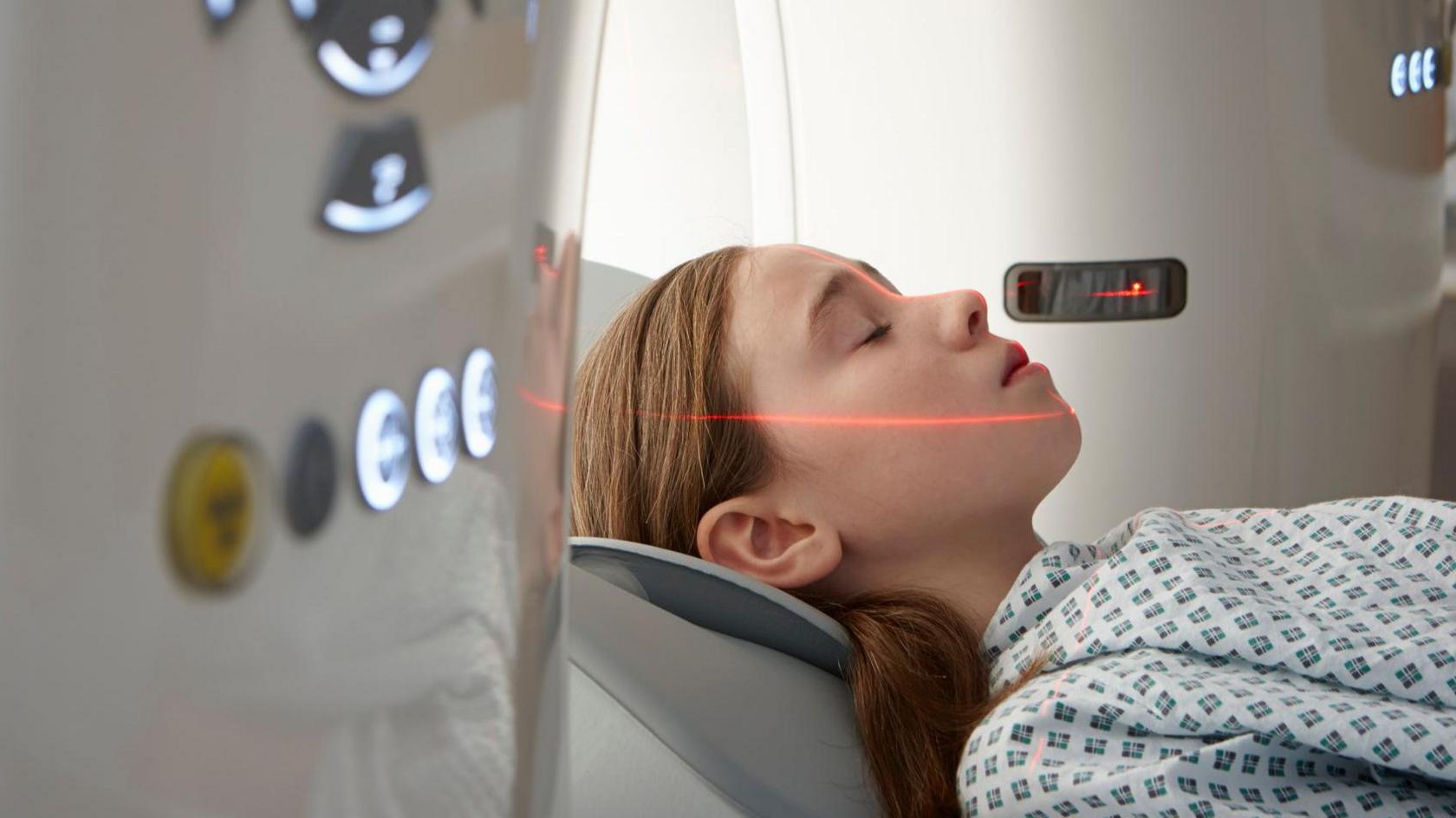AI supercomputer to help cancer vaccine research
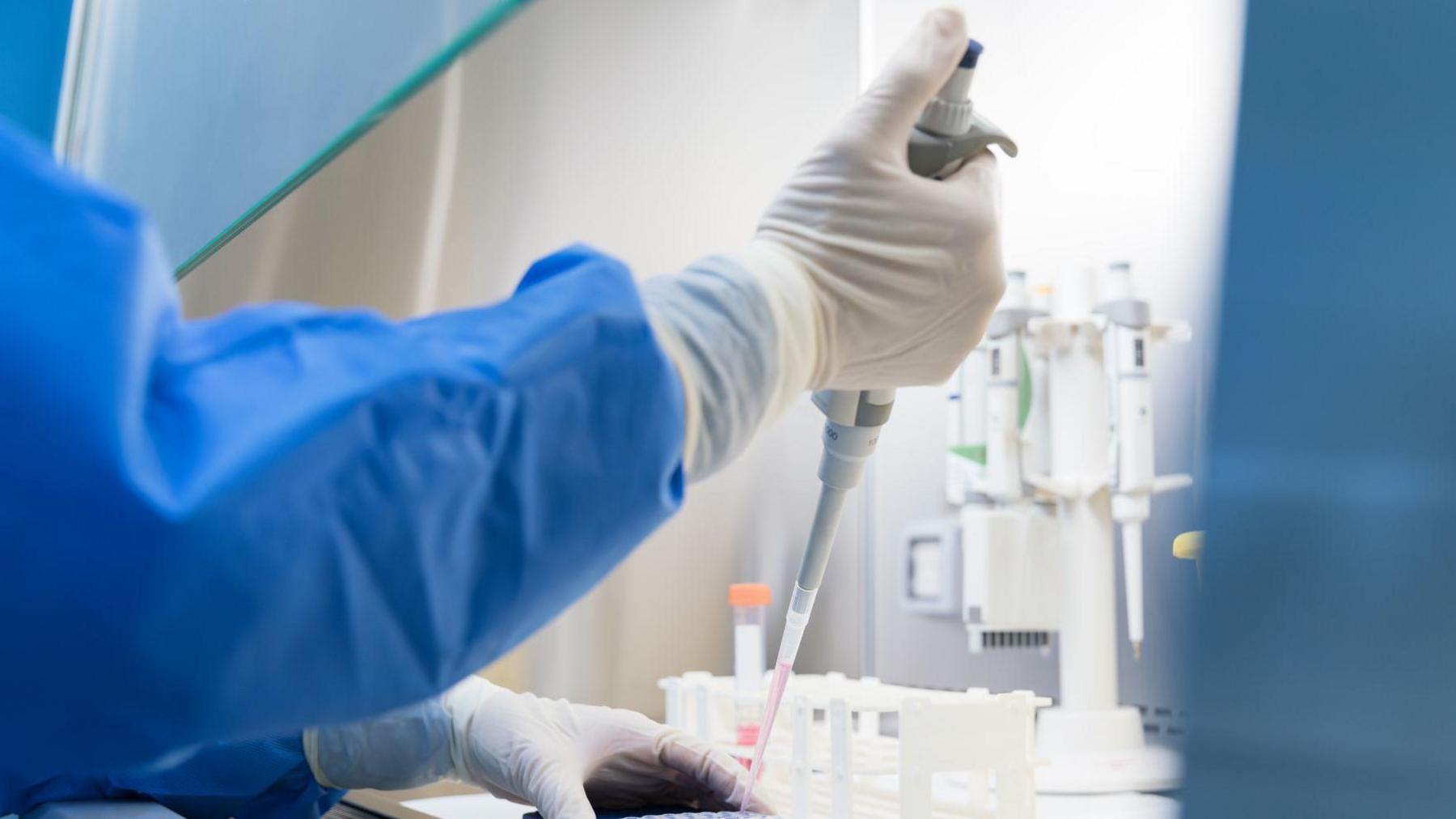
The team at the Nuffield Department of Medicine will be allowed to use the computer for 10,000 hours
- Published
Researchers developing vaccines to treat cancer have been granted access to one of the UK's most powerful artificial intelligence (AI) supercomputers.
The team at the University of Oxford's Nuffield Department of Medicine will be allowed to use the device, know as Dawn, for 10,000 hours as part of a government scheme.
They will be analysing tens of thousands of data sets from cancer patients to try to spot patterns.
Dr Lennard Lee, who is leading the project said: "It does feel like science fiction, however it's a reality - it's 2025, this technology is here and we're going to give it a go."
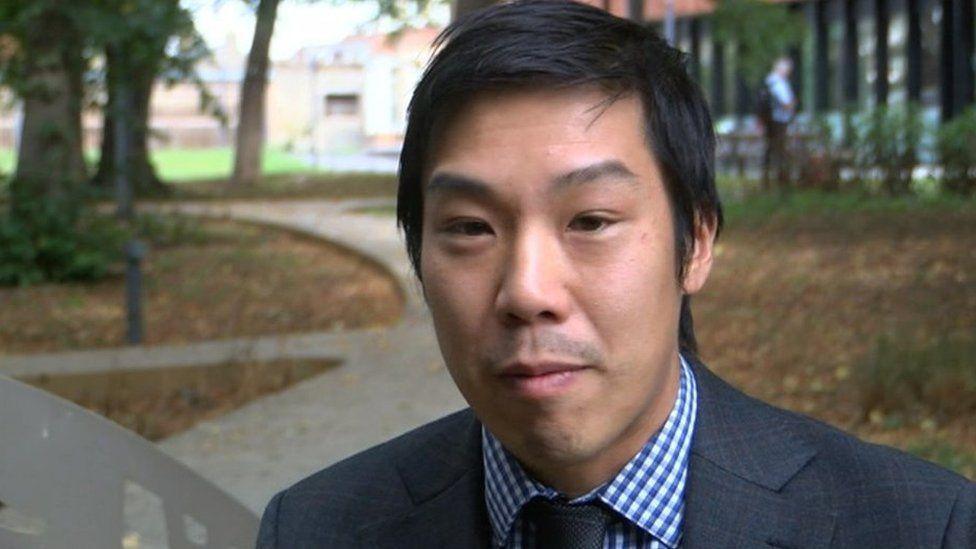
Dr Lennard Lee is leading the project
Explaining how the supercomputer would be used, Dr Lee said: "The issue that we're facing is that cancer's just very complex.
"What this means is that we can process huge data sets quickly so we can look at tens of thousands and spot hidden patterns.
"What this is giving us is something that's really special and it's around speed and scale."
Researchers hope to make discoveries while also contributing to the Oxford Neoantigen Atlas, external – an open-access online platform supporting cancer vaccine research across the UK.
"What we think we'll be able to do is really pave the way to design vaccines that simply weren't possible before" Dr Lee, who is an associate professor at Oxford's Centre for Immuno-Oncology said.
Get in touch
Do you have a story BBC Oxfordshire should cover?
You can follow BBC Oxfordshire on Facebook, external, X (Twitter), external, or Instagram, external.
- Published20 January
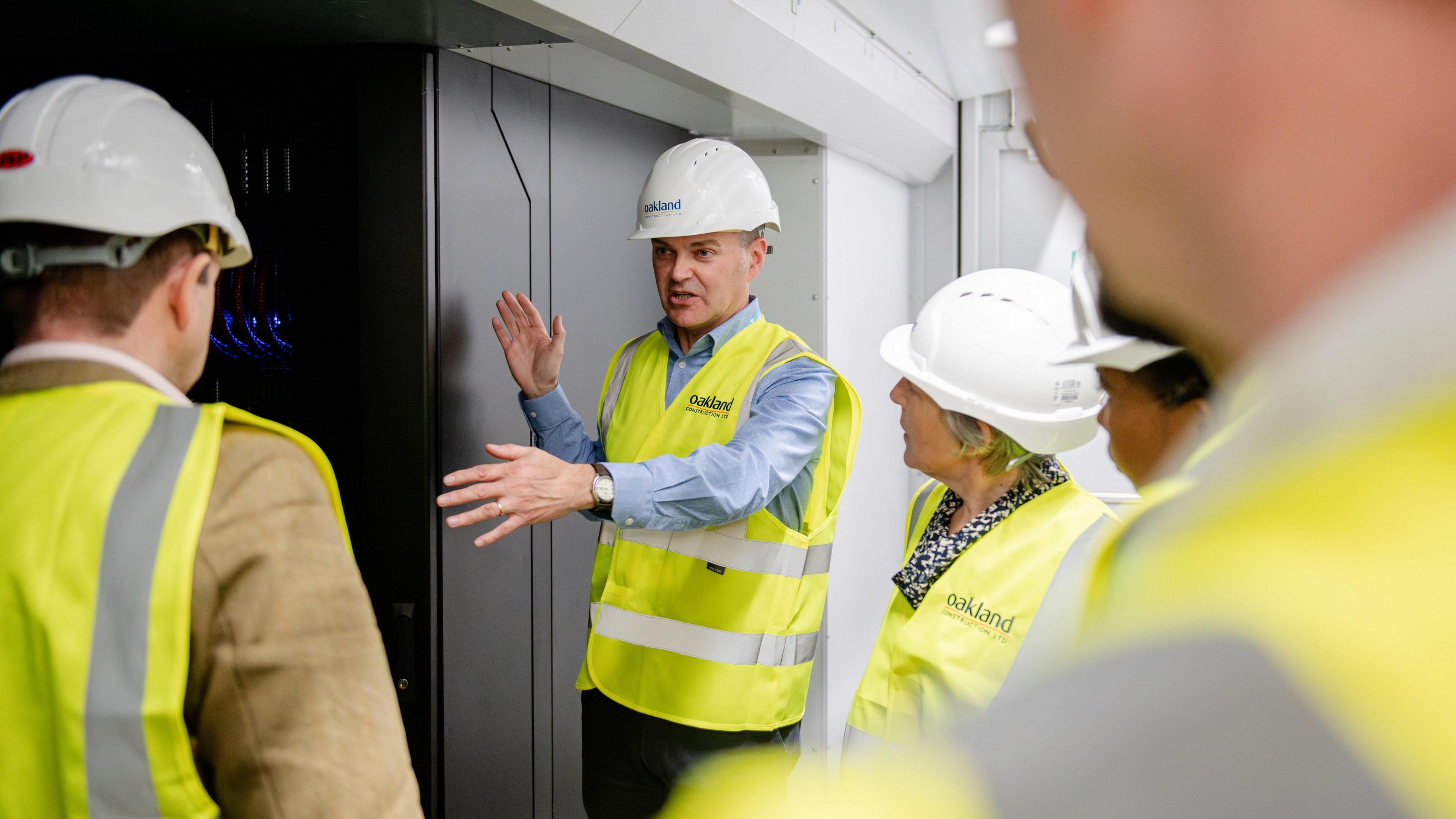
- Published12 September 2024
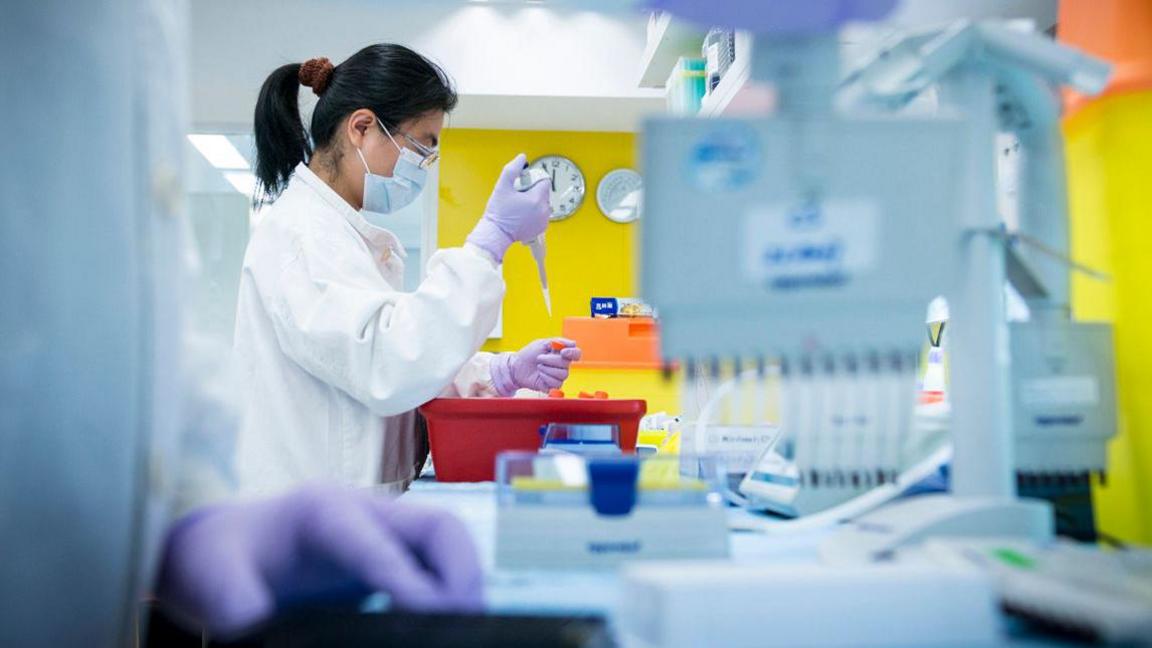
- Published17 January
